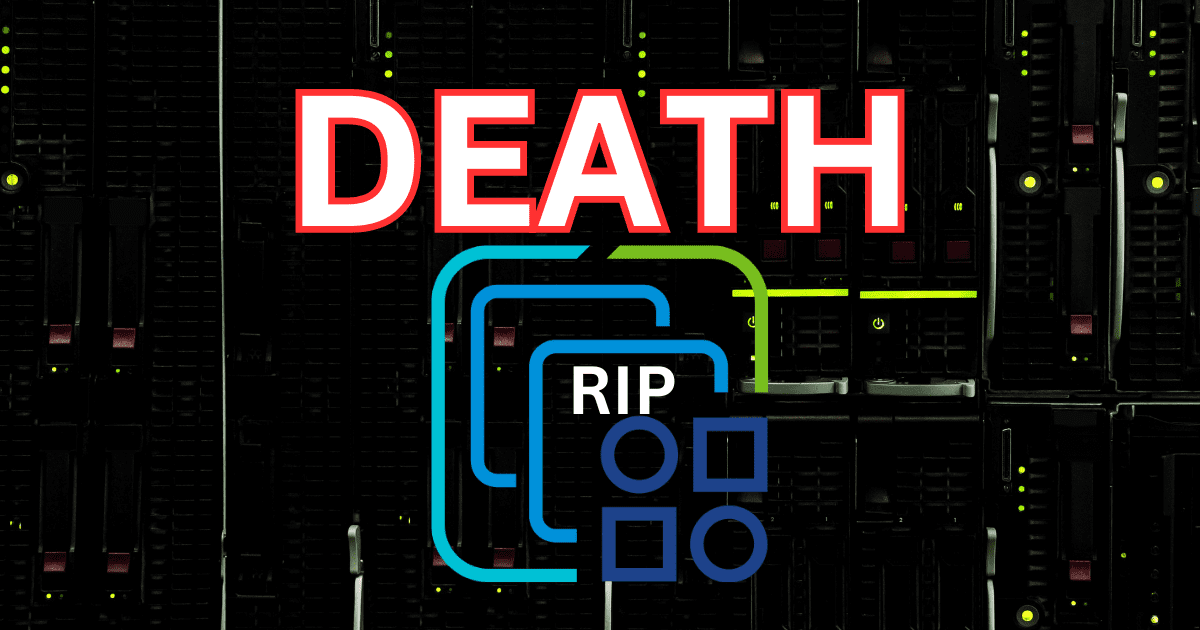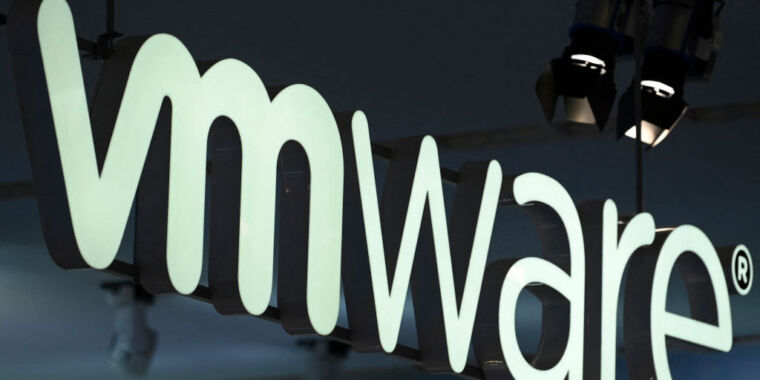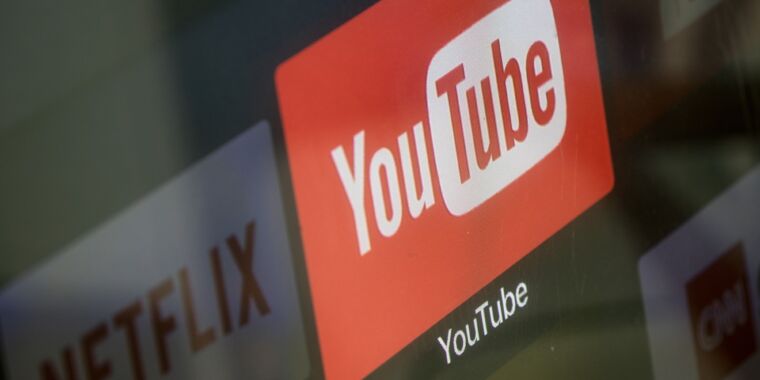Enshittification: n. - A term coined by Cory Doctorow to explain the tendency of things to change in a way that increases profits to the provider of the product or service while simultaneously reducing the convenience/usefulness of the product or service to those who use it. We already have a thread tracking the plummet of Twitter, and I know we've discussed how reddit may soon be following in its footsteps. But every day so many other, uh, worthy candidates pop up.
To start things off, how about Philips Hue as an example? Everyone is going on about the "Smart Home" and how wonderful it is supposed to be, and Hue lights were almost always a part of that. Buuuut it looks like Hue has decided to circle the ESFCn drain. First they introduced the Hue bridge/hub, which they said was required if you wanted to "unlock" (their actual word, not mine!) the full functionality of the Hue product lineup. BUT now it looks like they're going even further, with Signify (their parent company) now starting to require you to not only own a hub, but also to create an account with Philips Hue by next year "in order to enhance your home's security." I don't even have any smart bulbs yet, but I do have some places I want to put some. And now I'm not sure they'll be Hue, for the same sort of reason I won't use a Ring camera.
--Patrick
To start things off, how about Philips Hue as an example? Everyone is going on about the "Smart Home" and how wonderful it is supposed to be, and Hue lights were almost always a part of that. Buuuut it looks like Hue has decided to circle the ESFCn drain. First they introduced the Hue bridge/hub, which they said was required if you wanted to "unlock" (their actual word, not mine!) the full functionality of the Hue product lineup. BUT now it looks like they're going even further, with Signify (their parent company) now starting to require you to not only own a hub, but also to create an account with Philips Hue by next year "in order to enhance your home's security." I don't even have any smart bulbs yet, but I do have some places I want to put some. And now I'm not sure they'll be Hue, for the same sort of reason I won't use a Ring camera.
--Patrick
Last edited:







